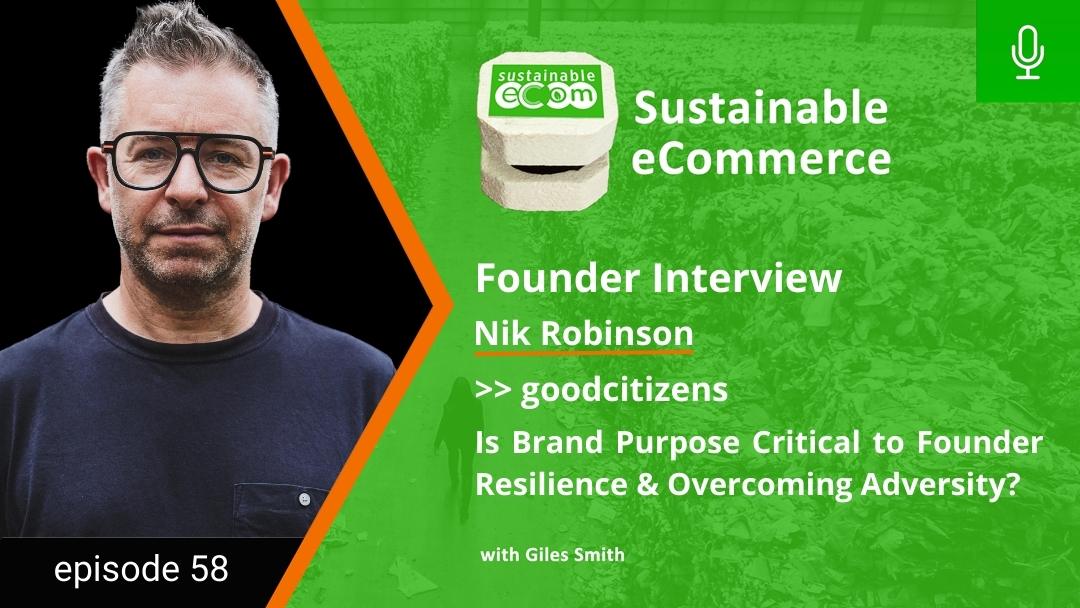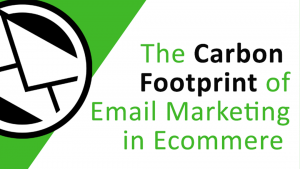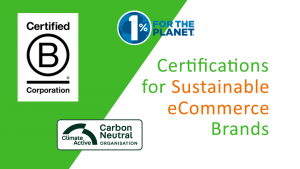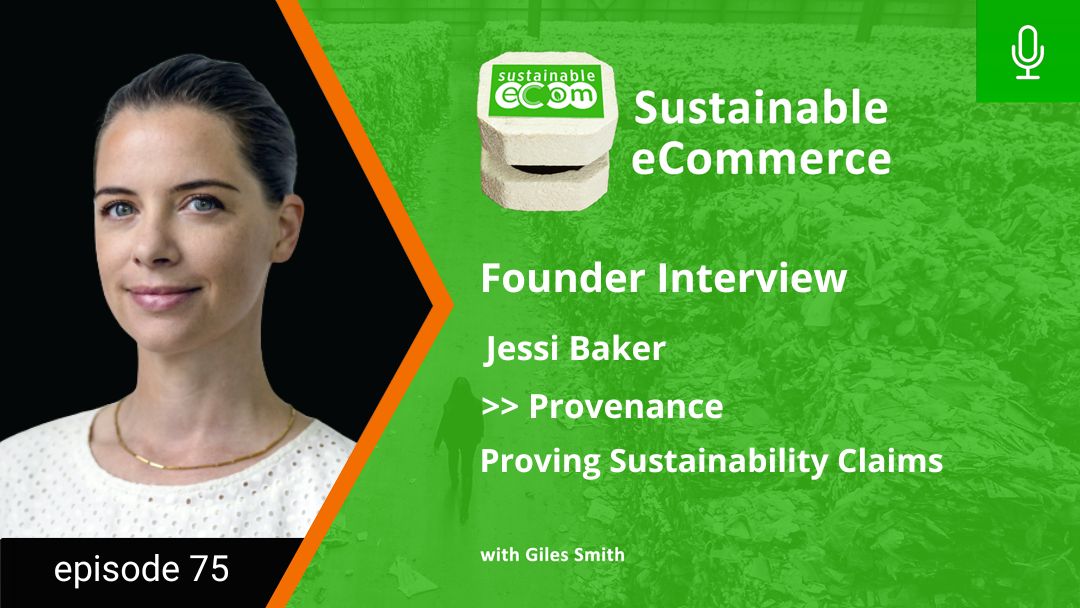When it comes to optimising your store conversion rate, one of the biggest single factors to look at is the number, type and quality of product reviews you have on your store, as well as the overall review rating.
If you’re selling on Amazon you’ll be acutely aware of how important product reviews are to your ranking as well as listing sales conversion.
For some reason eCommerce brands that run their own stores on platforms like Shopify or WooCommerce seem to routinely forget about getting product reviews, or simply don’t focus on it. If you fall into that camp, let me first spend a minute to explain why reviews are so important.
A recent survey by Google showed that accessibility of customer reviews is one of the key benefits of shopping online as opposed to in-store. Today, over 99% of online shoppers read reviews, and 86% of customers say the won’t buy a product without reading reviews first.
When it comes to reviews, more is definitely better. A recent study by Power Reviews showed that getting just one review can increase conversion by over 50%. Pages with 11-30 have conversion rates over 200% higher than pages with no reviews, and pages with 101+ reviews convert 250% higher than having no reviews.
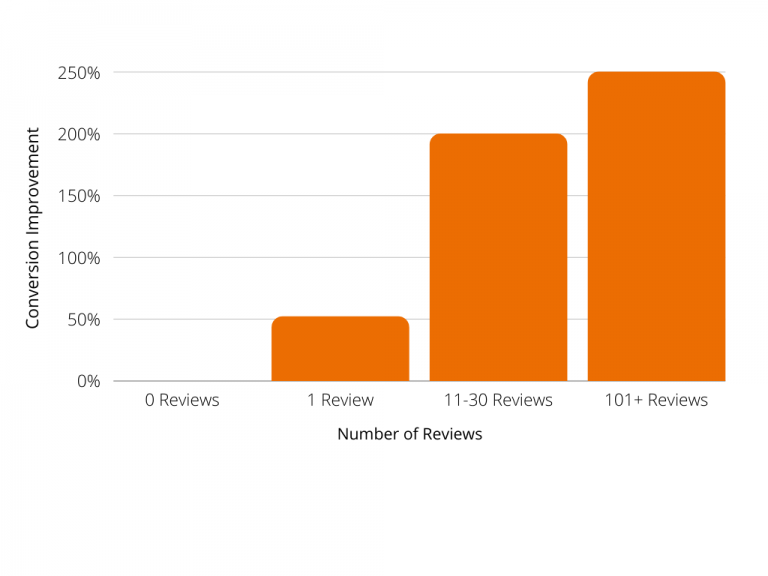
Why are Product Reviews so Important to eCommerce Conversion?
Most obviously, a good set of customer reviews provides social proof that the product is a good thing to purchase.
By leaving their review, customers are also implicitly suggesting that your store is a trustworthy place to make a purchase. Customers can see that other people have come before, trusted you with their purchase, and enjoyed the experience enough to make their feedback public. More reviews mean more people have bought from the store – and our brains are wired to find safety in numbers!
In the hunt for ‘more’, its often easy to overlook the role quality content in the reviews plays in helping new customers make their purchasing decision. Simple reviews like ‘it was great!’ all help with the review count (social proof), but do little to educate the customer. Rich content, including images of the product in use, unboxing, or video feedback add huge value to new customer’s purchasing experience.
Expansive text reviews, video and in-use images all help to shape the customer’s understanding of exactly what they are buying, and if the thing is exactly what they were looking for. The more ambiguity there could be about exactly what the product will be like, the more valuable rich content reviews are.
If Reviews are So Important, Why Don’t All Store Owners focus on Getting Them?
Most obviously, a good set of customer reviews provides social proof that the product is a good thing to purchase.
By leaving their review, customers are also implicitly suggesting that your store is a trustworthy place to make a purchase. Customers can see that other people have come before, trusted you with their purchase, and enjoyed the experience enough to
make their feedback public. More reviews mean more people have bought from the
store – and our brains are wired to find safety in numbers!
In the hunt for ‘more’, its often easy to overlook the role
quality content in the reviews plays in helping new customers make their
purchasing decision. Simple reviews like ‘it was great!’ all help with the review count (social
proof), but do little to educate the customer. Rich content, including images
of the product in use, unboxing, or video feedback add huge value to new customer’s
purchasing experience.
Expansive text reviews, video and in-use images all help to
shape the customer’s understanding of exactly what they are buying, and if the
thing is exactly what they were looking for. The more ambiguity there could be
about exactly what the product will be like, the more valuable rich content
reviews are. Reluctance to chase down reviews generally falls into one of the following buckets:
- I don’t know how to get reviews, and I feel bad asking for them
- I don’t want to ask for reviews or show reviews on my store in case people give me bad reviews.
- Eventually we’ll get some reviews, so we don’t need to explicitly chase customers for them.
The first one I can understand, and if that sounds like you, good news! In the next post I’m going to give you a 3-phase plan for review domination!
If you’re concerned about getting negative reviews, I understand that too. It can be crushing to get bad feedback on a product you’ve worked so hard to create. I also understand that you don’t want other people being exposed to bad feedback.
But here’s the thing.
People give negative reviews for a few different reasons, and if you want to grow your brand, most of them can be instructive. Take the opportunity to engage with the customer, offer them superior service and an ear to chew and they are likely to give you extremely valuable feedback. Possibly even become an evangelist if you handle it gracefully. I’ve done that heaps of times, and while it feels daunting to make the call initially, it’s a super high when you turn them into a happy customer.
The fact is that if a customer has a bad experience, they are 7 times more likely to want to share it (via reviews, social posts, word of mouth, etc) than if they love the product. Do you really think not offering a way to leave reviews is going to stop people from complaining publicly about your product or service? Think again. The best way to handle this is not to keep your head in the sand.
Instead, encourage reviews! Dilute the inevitable bad reviews with a flood of good, genuine ones. Having a few bad reviews in the mix is actually a good thing – it helps with trust and it can even help handle customer’s objections where you show a really thoughtful response.
Maybe you’re hoping (or expecting) that reviews will just come naturally? I’m sorry to disappoint you, but in my experience almost nobody leaves reviews unless you go out of your way to ask for them! Ask yourself this: how many times have you gone back and left a great review without being asked? Met bet is not many, if at all.
If you can improve your conversion by 30% or more, how long can you afford to wait to get on top of this, especially if you’re using paid media?
If you’re running a really well-oiled review system, you can expect to get about 5-7% of your customers to leave a review. However, that’s MUCH lower when you first get started, and on top of that your actual transaction volume is low, so getting the flywheel moving is hard. I came across a brand this week selling high-end women’s apparel. They’ve been a household name for the last decade in Australia with multiple stores, and the pandemic has pushed them to accelerate their online presence. Despite being online for years and presumably having a strong brand presence, they have not sought reviews, and don’t have a single one visible on their site. If you’re a new brand with limited brand equity, how long will it take you to get reviews unless you focus on it?


